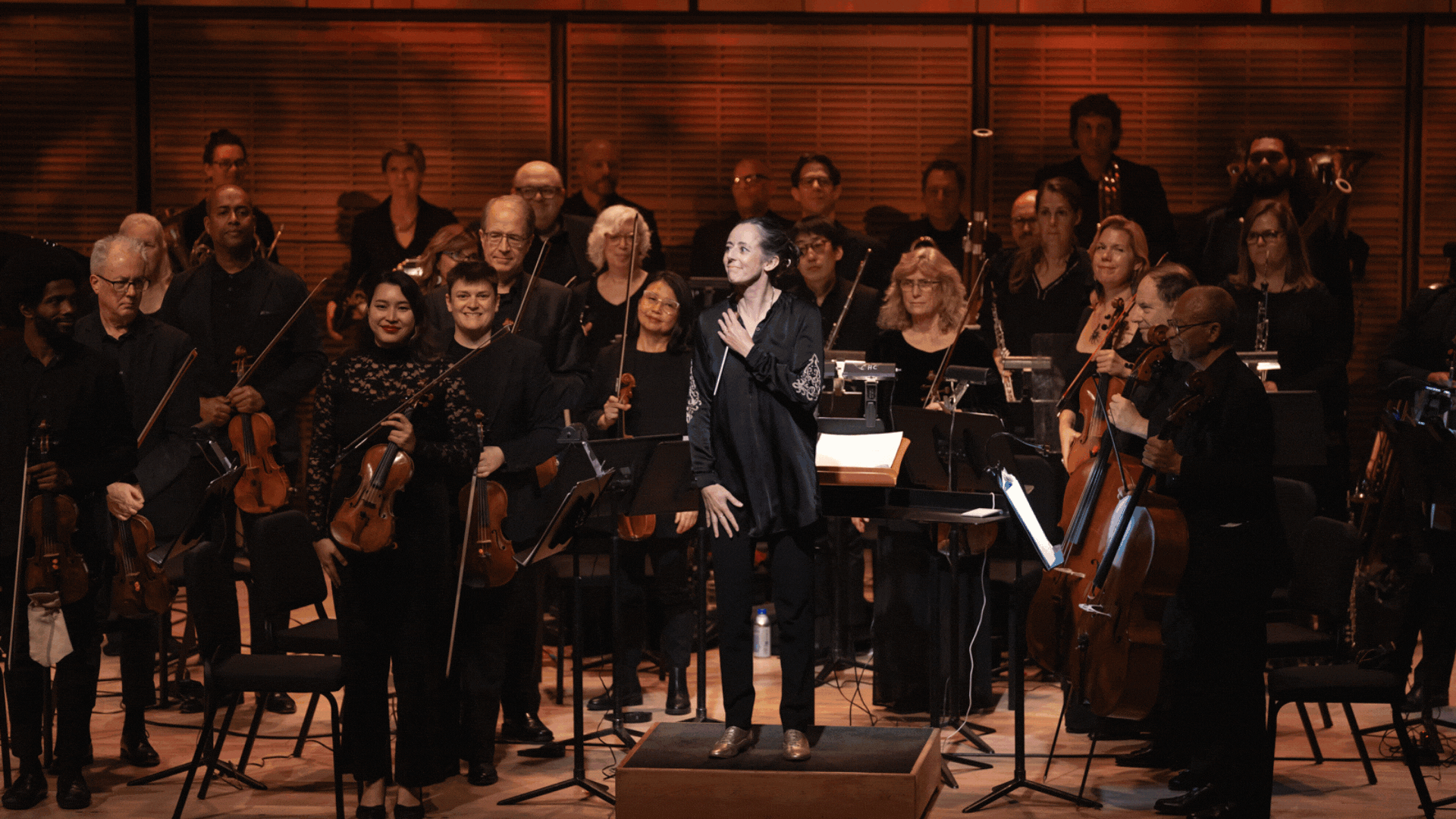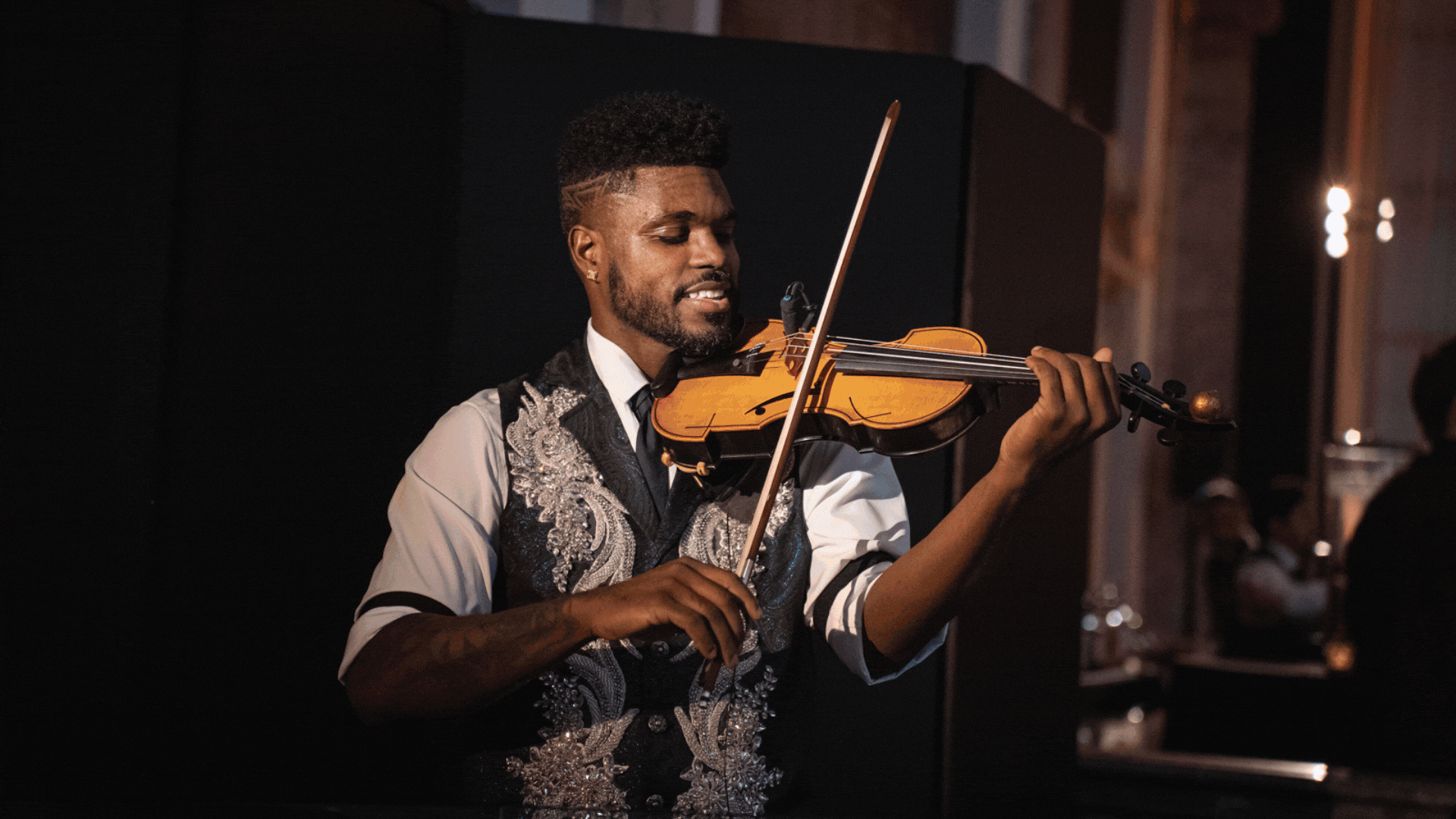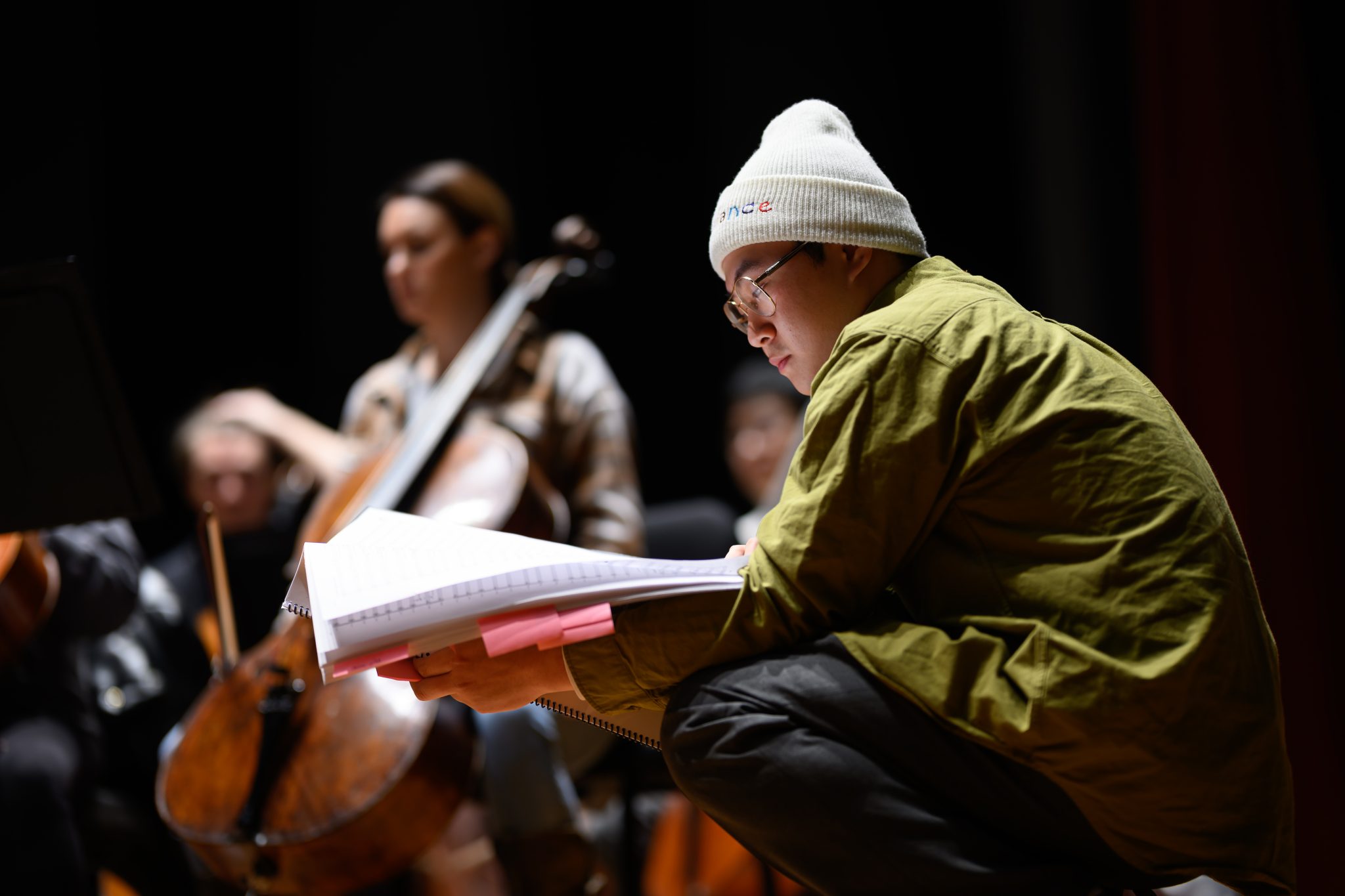Underwood New Music Readings - Composer Spotlight: Lily Chen
Lily Chen, born in Taiwan, is a composer of both acoustic and electronic music interested in exploring literary, emotional, and social aspects of the contemporary condition. Lily's numerous awards include the George Ladd Prix de Paris, 1st Prize of Asian Composers League Young Composers Award, and winner of !BAMM! Student Composers Competition. Her music has been performed in the US and Asia, by esteemed ensembles such as St. Louis Symphony Orchestra, Ensemble Signal, Mivos Quartet, Ensemble Mise-en, National Taiwan Symphony Orchestra, and many others. Lily studied at Taipei National University of the Arts in Taiwan and received her Ph.D. in music composition from the University of California at Berkeley.
Lily’s piece A Leaf Falls After was selected for the 2018 Underwood New Music Readings where it will be workshopped and read by American Composers Orchestra and maestro George Manahan. Lily spoke to us about the readings and her piece.
Rehearsals, workshops, and final readings are open to the public on June 21 and 22 at NYU's Frederick Loewe Theatre (35 W 4th St). RSVP here

Composer Lily Chen
American Composers Orchestra: What was your reaction to finding out your piece had been selected for the Underwood New Music Readings?
Lily Chen: I was very excited when I found out I'd been selected for the readings, since I’ve heard it’s an amazing program where composers work with professional orchestra performers and mentor composers.
ACO: Having lived on three continents - Asia, North America, and Europe - during your career, can you talk about what influences that different locations have had on your compositional style? Or has your compositional style developed independently from where you happen to live?
LC: My compositional style has developed more by my listening and studying experiences than my living experiences.
It’s hard to describe what has influenced my compositional style, but my compositional style might be traced back to some musical styles of these three continents through my listening experiences. Born and raised in Asia, I had access to some Asian traditional music while studying Western music; the heterophony, linear gestures, and subtle timbral changes have somehow inspired me. But at the same time, I’ve listened abundantly to European and American contemporary music, which has aroused my interest in the world of timbre.
My experiences living on three different continents exercise more influence on my compositional attitude than my style. I’ve broadened my listening experiences as well as become more open-minded and bolder in exploring sonic potentials and the possibilities of music, which has helped develop my compositional style a lot.
ACO: You write that your piece A Leaf Falls After is inspired by both the beautiful and frightening experiences you had when you lived in Paris and traveled around Europe for the first time. Do you find it easier to write music inspired by beautiful moments or frightening ones? Or do both processes come naturally?
LC: To me, both processes come kind of naturally, or rather, emotionally. However, the harder (and more important) process when composing this piece is how to orchestrate or fuse the musical gestures/materials transformed from the beautiful and frightening images, and how to create musical tension or strike balance between “beautiful” sounds and “frightening” noises.
Also, I would like to invite the audience to join my sonic world through the metaphors transformed into music. Though some noises I use in my piece are inspired by some frightening moments, still these so-called “frightening” noises also sound very “beautiful” to me. Maybe to some people they are not so accessible or familiar, but to me, beautiful sounds and frightening noises exist naturally and necessarily in my music, just as beautiful and frightening memories co-exist in one’s life. I hope these experiences not only bring me inspiration for composing, but also provide my audience with some images in connection to music so that it’ll be easier for them to get into my piece.
ACO: What are you doing to prepare for the readings? Are there any changes you have made to your piece?
LC: I have revised the piece quite a bit, simplifying some textures to make the music more concise and more effective for the readings. Also, after discussing with Dr. Derek Bermel, I added more expressive indications in the score to suggest the scenarios, hoping this could help introduce the performers to my music world more easily and quickly.
ACO: What do you hope to gain from the Underwood New Music Readings?
LC: I wanted to thank the UNMR program for providing us composers with such strong support and complete working process: arranging phone discussions with the director to help refine our pieces, giving us comments from the publishing consultant to help us make professional scores/parts, and building up a perfect platform to promote this event and the composer participants. I’ve learned a lot through the working process. I am looking forward to gaining precious experiences of working with the professional orchestra, learning from them about how to make the performance effective, and enjoying the other composers’ great music!
Hear Lily's piece at the 2018 Underwood New Music Readings. Rehearsals, workshops, and final readings are open to the public on June 21 and 22 at NYU's Frederick Loewe Theatre (35 W 4th St). RSVP here
Learn more about Lily at www.chenlily.com
Follow her on Facebook and Soundcloud
Corporate gifts to match employee contributions are made by Goldman Sachs, Deutsche Bank, Triton Container International Incorporated of North America, and Neiman Marcus.
Public funds are provided by the New York City Department of Cultural Affairs in partnership with the City Council, and the New York State Council on the Arts with the support of Governor Kathy Hochul and the New York State Legislature, Office of Brooklyn Borough President Reynoso, and the National Endowment for the Arts.






